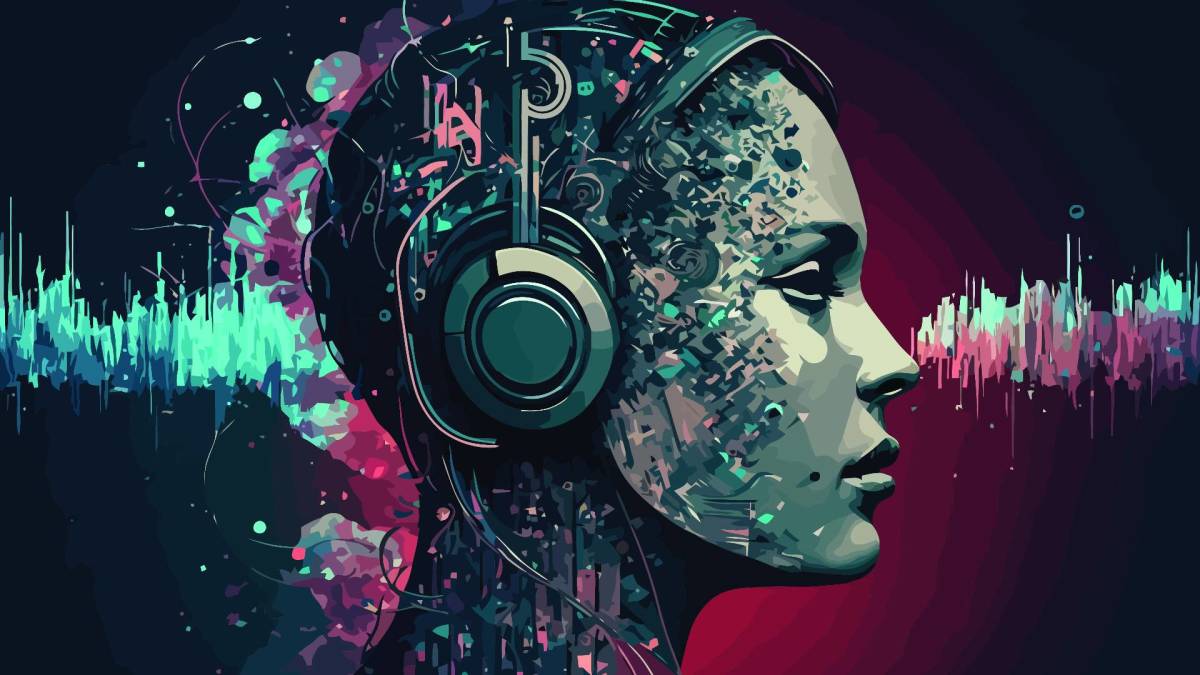
Fast Facts
- Tenn. Gov. Bill Lee on Thursday signed the ELVIS Act into law.
- The legislation grants the protection of artists' voices from misuse by AI.
- The legislation is supported by a number of prominent music organizations, including the Americana Music Association, the Screen Actors Guild and the Recording Industry of America.
The past year was marked in part by an increasing proliferation of generative artificial intelligence tools and technologies. As the sector has grown in prominence, fueling massive valuations on Wall Street, issues of synthetic imitation have grown to match.
Social media users published several AI-generated tracks last year, meant to sound like Drake, The Weeknd, Bad Bunny and Rihanna, something that incited a swift reaction from Universal Music Group, which said that the AI-generated songs are clear violations of copyright law.
Such AI-powered imitative efforts have expanded beyond music and musicians. In January, a podcast that uses generative AI technology published an hour-long special in the voice and likeness of late comic legend George Carlin, without asking his family for permission.
Related: George Carlin resurrected – without permission – by self-described 'comedy AI'
"My dad spent a lifetime perfecting his craft from his very human life, brain and imagination. No machine will ever replace his genius. These AI-generated products are clever attempts at trying to recreate a mind that will never exist again," his daughter Kelly Carlin said in a statement on X. "Let’s let the artist’s work speak for itself. Humans are so afraid of the void that we can’t let what has fallen into it stay there."
Meanwhile, the tools to help users artificially create music are continuing to crop up. The latest version of a model called Suno — which allows people to turn a few words into full songs — launched March 21. Though Suno claims that it is not designed to imitate artists, it has not clarified whether it licensed or scraped (without permission) the content used to train the model.
Entering into this increasingly artificial space is the ELVIS Act, a Tenn. bill first introduced in January and signed into law Thursday.
Related: Grammys CEO Says AI Must Be a Tool For Artists; It Can't Replace Them
Elvis vs AI
The Act — Ensuring Likeness Voice and Image Security (ELVIS) — updates the state's Protection of Personal Rights law to prevent the unauthorized use of an artist's likeness through the synthetic reproduction of their voice.
The state's previous legislation protected name, image and likeness, but it did not specifically protect voice or account for algorithmic imitation.
The legislation states that any person who knowingly "uses or infringes upon the use" of a person's voice without their permission, or without the permission of that person's heirs, will be liable to civil action.
The publication or distribution of an algorithm specifically designed to imitate a person's voice or likeness, without that person's knowledge or approval, likewise opens the individual up to a civil lawsuit.
"This incredible result once again shows that when the music community stands together, there’s nothing we can’t do," Mitch Glazier, CEO of the Recording Industry of America, said in a statement. "We applaud Tennessee’s swift and thoughtful bipartisan leadership against unconsented AI deepfakes and voice clones and look forward to additional states and the U.S. Congress moving quickly to protect the unique humanity and individuality of all Americans.”
The legislation is supported by the Americana Music Association, the American Society of Composers, Authors and Publishers (ASCAP), Broadcast Music, Inc. (BM), the Living Legends Foundation and the Screen Actors Guild, among others.
"Humans are naturally creative. We've been making art since the beginnings of human history and we're not going to stop anytime soon," professional artist Michele Rosenthal told TheStreet last year. "I think it's a shame that the people who are hiring artists seem to have lost respect for artists, seem to think that artists could be replaced by something that is just an algorithm."
Contact Ian with tips and AI stories via email, ian.krietzberg@thearenagroup.net, or Signal 732-804-1223.
Related: A Powerful Technology Is Bringing Beloved Musicians Back From The Dead







